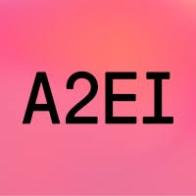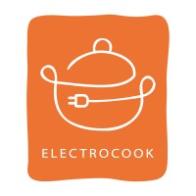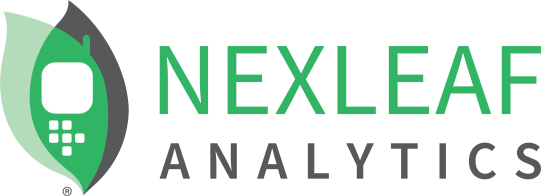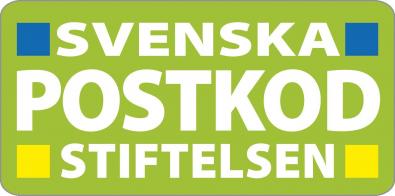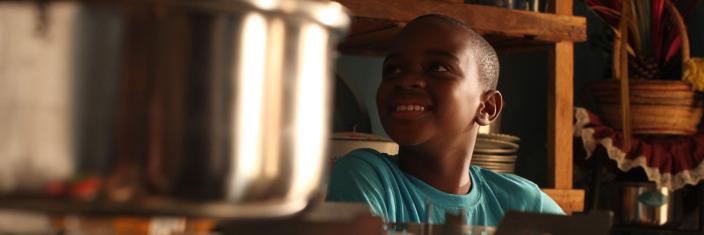Clean Cooking Data Initiative (CCDI)
77%
Rwandan households cooking with firewood
80%
Targeted rural population using modern cooking services by 2030 in Rwanda
Context
In 2019, a select group of SEforALL Charette participants working in the clean cooking space identified a key barrier to progress in accelerating clean cooking access: a lack of reliable, robust household data on the consumer cooking practices and preferences. These data are essential to designing effective clean cooking interventions, specifically those that bring new fuels or technologies to communities where people are likely to adopt them long term.
Therefore, the group recommended the development of a substantial data collection and analytics platform, housing insights on the adoption of 'next generation' clean cooking solutions. This platform would be populated with data obtained from sensors attached to cookstoves used in actual households as evidence of how people used specific solutions.
The first step towards building the platform was to run a pilot study in Rwanda where electric cookstoves and accompanying sensors would be deployed in select households and usage data collected. Rwanda was chosen as a pilot location due to SEforALL's involvement in the country through the Rwanda Access Accelerator and the enthusiastic support from local partners and other clean cooking stakeholders, including the Government of Rwanda.
The pilot would inform Rwanda stakeholders whether electric cooking technologies deliver the expected utility, environmental, and health benefits to women, families, and communities.
sidebanner
Objectives
Improve decision-making in the clean cooking sector
CCDI seeks to establish a platform that will be a hub for clean cooking data and insights globally, providing stakeholders with information on how specific cooking solutions are used by households in different contexts. This will help governments, their development partners and the private sector establish projects that are aligned better-tailored to local needs and contexts.
Inform Rwanda’s clean cooking efforts
By piloting the CCDI in Rwanda, SEforALL and its partners are collecting data on the uptake of electric cooking solutions to gauge the potential of e-cooking for widespread rollout across the country versus other cooking fuels and technologies.
Activities
CCDI is being piloted in Rwanda, where data have been collected on the deployment of electric pressure cookers in households using sensors installed by our technical partners.
Once compiled, these data will be analysed by project partners to assess the potential of electric cookers to decrease reliance on charcoal and the actual household costs associated with using this e-cooking technology. This data will be included in an Integrated Clean Cooking Planning Tool that identifies where various clean cooking solutions are best fit for deployment across the country.
Using data from the Rwanda pilot as a baseline, CCDI partners will also create preliminary wireframes to bring the cooking sector a 'first-of-its-kind' analytics platform that provides the data necessary to identify solutions that reduced human exposure to indoor air pollution. This platform has the capacity to inform and shape technological improvements, and to crowd in the finance necessary to finally achieve substantial climate and health impact through delivering clean cooking at scale.

